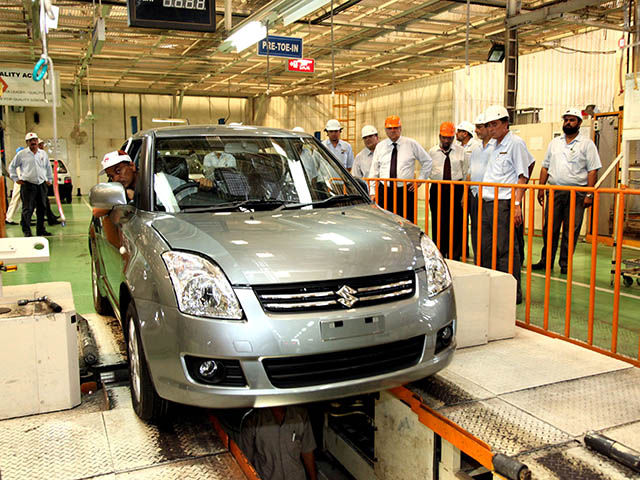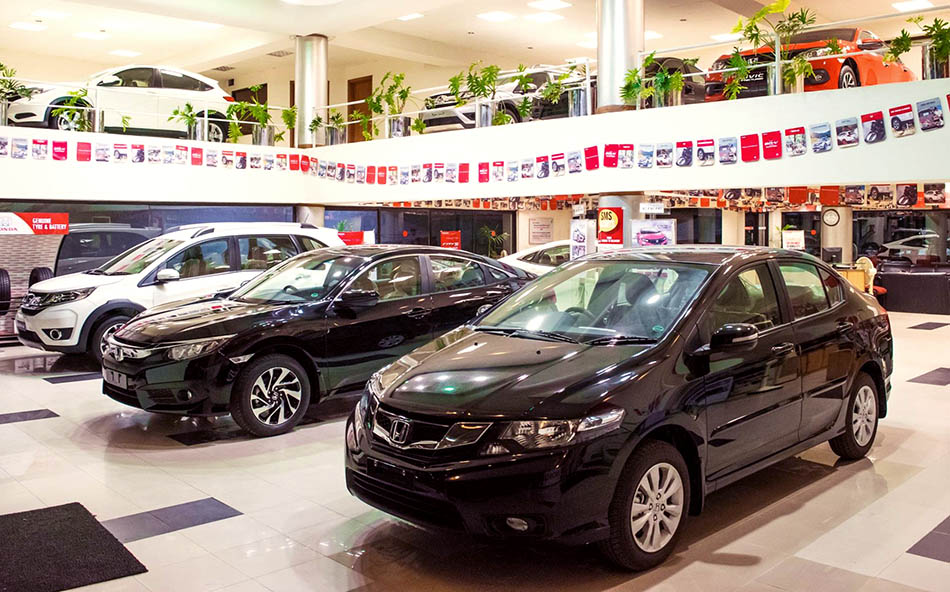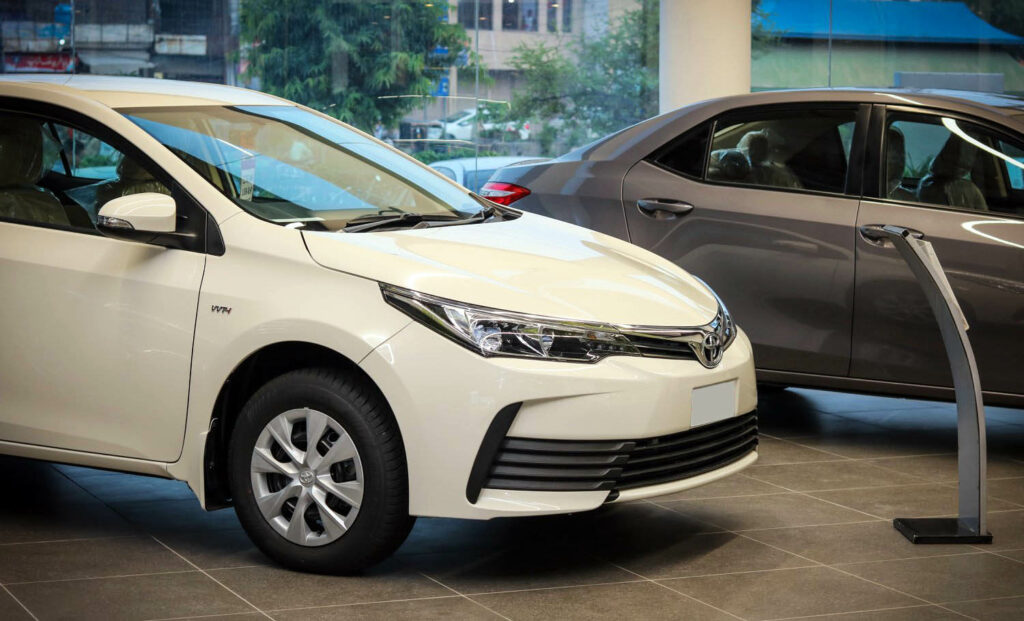Local auto industry is going through testing period ever since the beginning of this fiscal year. Sales were badly affected due to added duties & taxes, depreciating currency value resulting in constantly rising car prices, and reducing purchase power of the masses, although if we look back, prices were increased more frequently than the currency depreciations.
Related: Car Price Comparison: December 2017 vs January 2020
The latest blow to the local auto industry was the COVID-19 pandemic for which the industry was never prepared. Due to lockdowns the assemblers had to shut down the plants towards the third week of March for almost two months which severely dented the production schedules, vehicle sales & deliveries. For the first time ever, zero sales were recorded in the month of April, whereas in May when the lockdowns were eased, a 75% year-on-year decline in sales was observed.
Local auto assemblers had already sought high priority government attention in shape of a stimulus package to deal with the impact of the coronavirus pandemic, however the Pakistan Automobile Manufacturers Association (PAMA) has shown displeasure over the absence of such measures in the recently announced Financial Budget 2020-21 where the government has literally shown a cold shoulder to the auto industry.
Related: PAMA Displeased with Budget 2020-21
According to PAMA Director General Abdul Waheed Khan, the auto industry was expecting a stimulus package at least in the form of withdrawal of unnecessary and avoidable taxes such as Additional Customs Duty (ACD), Additional Sales Tax (AST), Federal Excise Duty (FED) of 2.5-7.5% depending on engine displacement and the turnover tax. While the budget had nothing in this regard, he said the government did not even consider the association’s proposals regarding the advance tax under Section 148 or corporate tax or other important measures.
The local auto industry is currently going through the worst period ever with sales reduced by 50% to up to 80% in various segments during the 11 months of the current fiscal year and with no supportive measures offered by the government, the situation doesn’t seem to be improving anytime soon.
Related: Car Sales Declined by 75% in May Amid COVID-19 Lockdowns
Anticipating tax concessions in the budget, Toyota and Honda had announced a substantial price revision during the days of lockdowns when their plant as well as vehicle sales were at a complete halt. The move was attributed towards dampening the declining profit margins as any budgetary concessions would have nullify the increase in prices and the automakers would have been able to sell the vehicles in the existing prices. However with no government support in the budget, the move got backfired. It will be interesting to see if Honda and Toyota roll back their price revisions otherwise the increased prices will affect the sales even badly.
Local assemblers have now started to resume the production operations under strict SOPs however it will take time to achieve the pace of the pre-pandemic times. Sales are expected to remain subdued in coming months & as indicated by former chairman of Pakistan Association of Automotive Parts and Accessories Manufacturers (PAAPAM) Mashood Ali Khan, automakers would face hard times in coming months in absence of any relief from the government and sluggish demand in the market.
Related: Local Assemblers Again Show Reservations on Import of Used Cars
Furthermore the government has imposed a 7.5% FED on double cabin 4×4 vehicles that are assembled locally and 25% FED on such cars being imported in the country. According to government, these vehicles which were originally meant for commercial purposes are largely being used as status symbol hence the FED is justified. The move will substantially affect the prices of Toyota Hilux Revo and Isuzu D-Max variants.
Local auto industry has always enjoyed utmost government support ever since, however this will probably be the first time when government hasn’t looked interested in providing even the slightest of relief to the ailing sector. With sales already reduced by nearly 80% what will be the future of local assembled cars in Pakistan, only time will tell. However from the looks of it, the road ahead isn’t going to be easy at all.

A computer animation professional with over 23 years of industry experience having served in leading organizations, TV channels & production facilities in Pakistan. An avid car enthusiast and petrolhead with an affection to deliver quality content to help shape opinions. Formerly written for PakWheels as well as major publications including Dawn. Founder of CarSpiritPK.com








